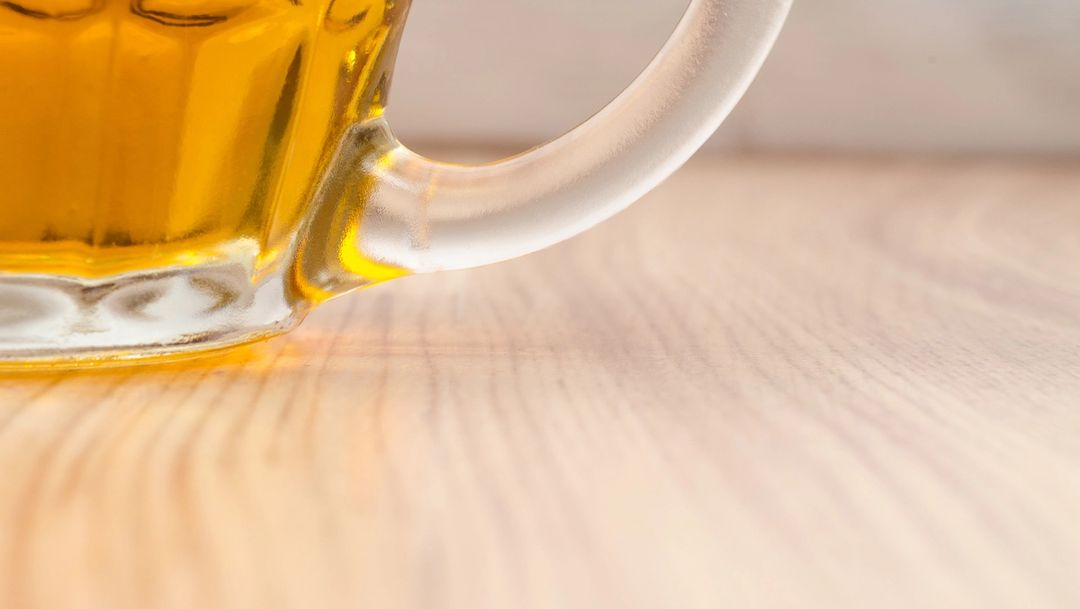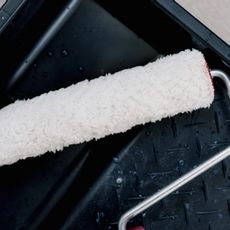Alcohol’s Impact On the Environment

Written by Sam Downey, Intern @blueland
March 21, 2020
Booze. Liquid courage. Spirits. Drank. Ethanol. Sauce. C2H5OH.
Alcoholic beverages have as many names as the people who drink them. But despite their different names, every “sauce” has the same reputation. If you drink too much, your body will feel the effects. But there’s an effect alcohol has on your life that you might not feel. A topic you haven’t talked about; a question you haven’t asked:
What is alcohol’s impact on the environment? Well, to answer this question, it’s best to evaluate each step your drink took to make it into your glass.
The Environmental Impact Of Producing Alcohol
The production phase of the alcohol industry actually leaves a surprisingly large footprint. After all, large amounts of water and fertilizer are necessary to harvest the grain, grapes, potatoes, rice, botanicals, cane and agave that go into that sixteen dollar martini. And in the case of distilled spirits, nearly all of that water turns into waste.
Water run-off from distilling rum, for example, is mixed with molasses and cane juice, both of which are highly disruptive to the nearby microorganism balance. Similarly, the water wasted when making tequila creates a highly acidic pulp, called vinazas, which severely befouls the soil and groundwater in Mexico’s Jalisco region.
Wine is less damaging to produce than spirits, but that doesn’t mean it’s clean. According to a study by The Journal of Cleaner Production in 2012, vineyards use large amounts of energy to harvest grapes, contribute heavily to global glass production, and leave behind chromium copper arsenate in the surrounding soil.
And while beer is the least impactful to produce (it still burns energy to brew), it’s definitely the worst of the three in the next category.
The Carbon Footprint Of Distributing Alcohol
According to the National Beer Wholesalers’ Association, the U.S. beer industry shipped 2.8 billion cases in 2018. That’s a huge operation, and one that requires energy and fuel for refrigeration and transportation. It also accounts for roughly 15% of America’s aluminum production, and a similar percentage of U.S. made glass.
Wine and spirits are not quite as bad, as many vineyards and distilleries are smaller businesses, but they still don’t get off scot free. That scotch you love had to be shipped from Scotland. Champagnes all come from France. Stoli is Russian. And if you’re a bourbon lover, that bottle you’re sipping came to you on a truck from Kentucky.
So though it may be kind of a buzzkill, it’s a self-evident truth: shipping your drink is an environmentally costly move. But it’s not the core of the problem.
The Eco-Cost Of Consuming Alcohol
The final phase of alcohol’s environmental impact will probably come as the biggest surprise: it’s you! Because no matter the situation, choosing to drink comes with baggage. If you drive to a bar and have more than two drinks, will you have to ride-share home? Then, are you going to have to ride-share back in the morning to get your car, only to drive it back home? If you stay in on a Friday night to pop a Merlot in the bath, is that bottle going to end up in the recycling or the trash? And how many cans of beer do you think get recycled at a frat party?
Though it may feel like a stretch, the consumption of alcohol is the driving force behind the industry’s environmental impact. Whether it’s carbon emissions through added driving, un-recycled glass or aluminum, or the energy burned to make your drink in the first place, drinking alcohol takes a toll on our planet.
So is tee-totaling the only option? How can anyone drink if they know each sip comes at such a cost? And are there any heroes out there brewing up eco-friendly booze?
Well fret not, because here’s a list of tips and tricks for eco-friendly drinks!
Tips And Tricks For An Eco-Friendly Drink!
As a consumer, there are actually a few very simple steps to drink in an environmentally friendly manner!
- Use public transportation to and from the bar, or at the very least carpool. And if you carpool, make sure your designated driver stays sober for the planet!
- Make sure to recycle all cans and bottles, and look for beer kegs and eco organic, boxed wine whenever possible.
- When possible, consider buying refillable options for containers, such as growlers at breweries or refillable carafes at vineyards.
- Support these eco-friendly beers, environmentally conscious wines, and green spirits at your local bar: Maker’s Mark, Tito’s, French Rabbit, Orin Swift, Chandon Rosé, Heineken, New Belgium, DonQ, Casa Noble, 4 Copas, Square One, Roca Patrón Reposado, Copalli White Rum, Nolet Silver Gin, Hennessy, Reyka
And please remember to drink responsibly, both for your health and the health of the planet!


